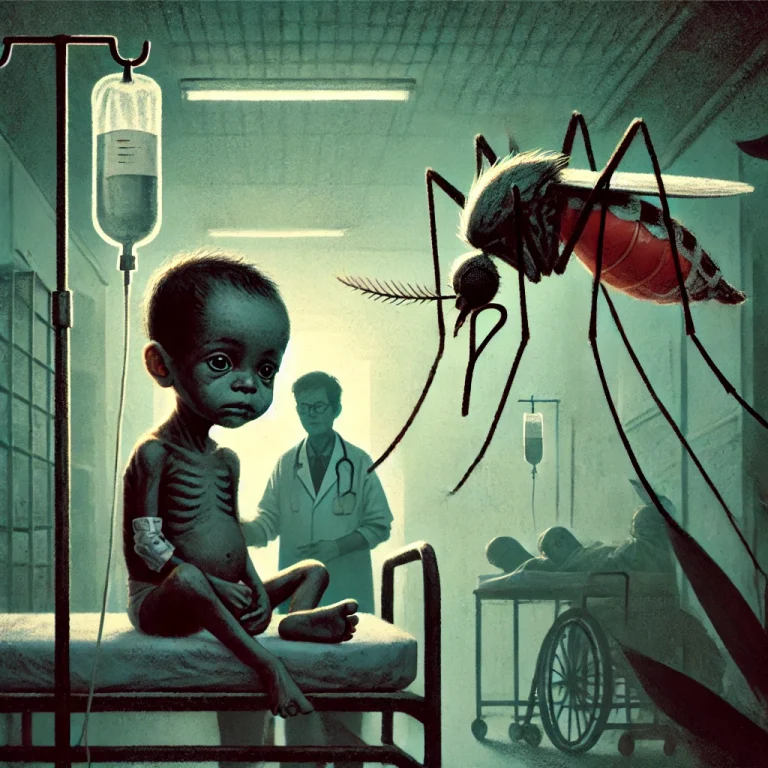The National Association of Resident Doctors (NARD) has raised the alarm that more than 35% of Nigerian children under five suffer from malnutrition, describing it as a serious public health problem.
In a post on X (formerly Twitter) on Thursday, the association stressed that malnutrition contributes significantly to child deaths. It also affects brain development, weakens immunity, and reduces national productivity.
NARD explained that ongoing interventions include the distribution of Ready-to-Use Therapeutic Food (RUTF), community-based management of acute malnutrition (CMAM), and Infant and Young Child Feeding (IYCF) counselling.
The association added that research has shown these approaches improve recovery rates and increase child survival.
“NARD members are at the forefront of implementing and researching solutions to malnutrition across Nigeria,” the group said.
The association called for stronger support for sustainable nutrition programmes to safeguard children’s health nationwide.
Also read: NARD sets 24-hour cap on call duty
In August, the Federal Government described the malnutrition crisis as “a national emergency.”
According to Uju Rochas-Anwuka, Special Assistant to the President on Public Health, Nigeria loses more than $1.5 billion each year to the effects of malnutrition. She explained that the crisis undermines human capital and slows national development.
Earlier in July, Vice President Kashim Shettima also warned that nearly 40% of Nigerian children under five are malnourished.
Speaking at the National Summit on Nutrition and Food Security in Abuja, he described the situation as “a national crisis.”
He stressed that food insecurity goes beyond hunger—it includes whether families can afford, access, and accept food that meets nutritional needs. He also linked it to education and the development of human capital.
The Vice President called for urgent and collective action to address the crisis.
In late July, Doctors Without Borders (MSF) reported that over 600 malnourished children died in northern Nigeria within six months.
The organization said cases of severe malnutrition rose by 208% between January and June compared with the previous year.
It linked the spike to reduced foreign aid, rising living costs, and disruptions caused by insurgency.


